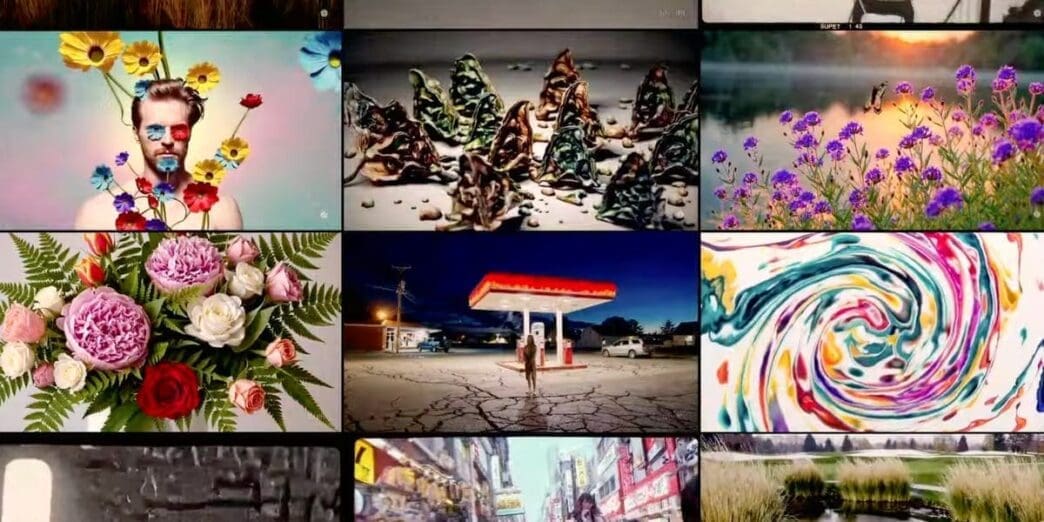OpenAI’s recently launched video generator, Sora, is poised to revolutionize the filmmaking industry by offering new ways for independent filmmakers to create content, despite existing limitations.
OpenAI’s Sora, a video generation tool, is being hailed by filmmakers and academics as a potential game-changer in the industry. By converting text prompts into video clips of up to 20 seconds, Sora opens doors for both independent filmmakers and major studios. While the technology promises to democratize filmmaking by lowering production costs, it also faces some significant hurdles.
Michaela Ternasky-Holland, one of the first directors to use Sora, premiered her short film at the Tribeca Film Festival in 2024. She recognizes the tool’s power in cost-cutting efforts, such as creating sizzle reels, but remains cautious about its present capabilities. Ternasky-Holland notes the tool’s illusion of control, emphasizing that technological advancements alone don’t make one a master filmmaker.
Experts like Dana Polan from New York University’s Tisch School and George Huang from UCLA acknowledge the potential of AI in enhancing the creative process. However, they concur that the current technology is not ready for final film production due to issues with image quality, often described as residing in the ‘uncanny valley.’ Despite these challenges, they foresee Sora’s utility in previsualization and storyboarding, offering a less costly method to visualize ideas before embarking on full-scale productions.
Moreover, Sora’s limitations in placing multiple characters in scenes and its slower pace of development have been identified as areas needing improvement. Still, George Huang suggests that AI might soon be integrated into completed films in the near future, potentially by next year.
The discourse around AI tools like Sora also raises concerns about job displacement within the industry. While AI can reduce the need for extras and animate storyboards, thereby cutting costs, it may also jeopardize roles traditionally filled by humans, such as animators and extras. Tahsis Fairley, a creative producing student, appreciates Sora for streamlining storyboard processes but cautions that its widespread adoption could impact employment.
Despite these concerns, the capacity for AI tools to democratize filmmaking is widely acknowledged. By slashing expenses, they enable indie filmmakers to experiment with visual ideas without significant financial burdens. ChatGPT Plus and Pro users have varying degrees of access to Sora, making it accessible to a broader range of creators.
In addition, Michael Gilkison, a filmmaker based in Kentucky, utilized AI to produce complex scenes more affordably. His experience suggests that AI can provide creative solutions to filmmakers working with limited resources, such as generating scenes for period pieces or costly special effects.
OpenAI’s Sora holds significant promise for reshaping how films are conceptualized and produced by reducing barriers to entry and fostering innovation among creators. The technology is evolving, though concerns about job displacement and current technical limitations remain. As the industry continues to adapt to these advancements, Sora may pave the way for a new era of accessible and cost-effective filmmaking.
Source: Businessinsider ˙ Youtube








